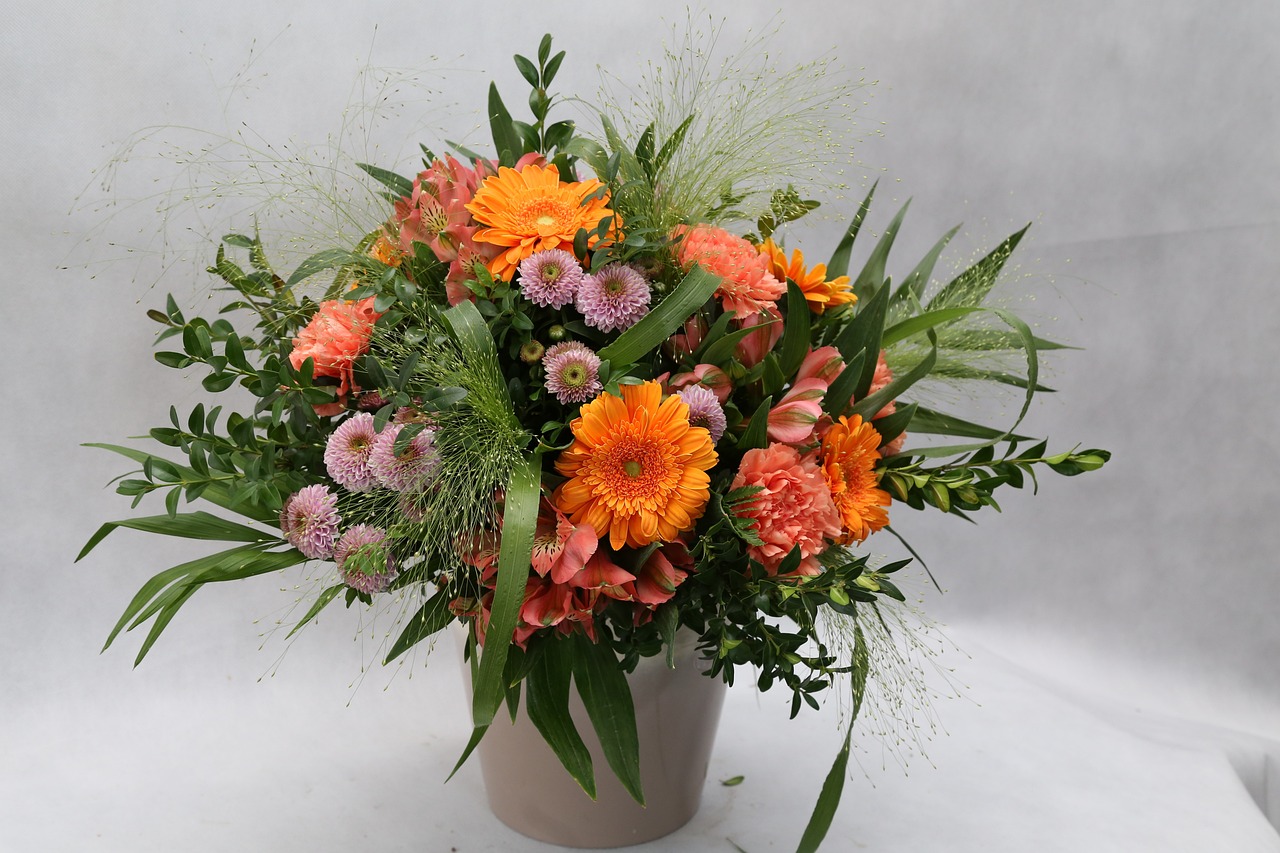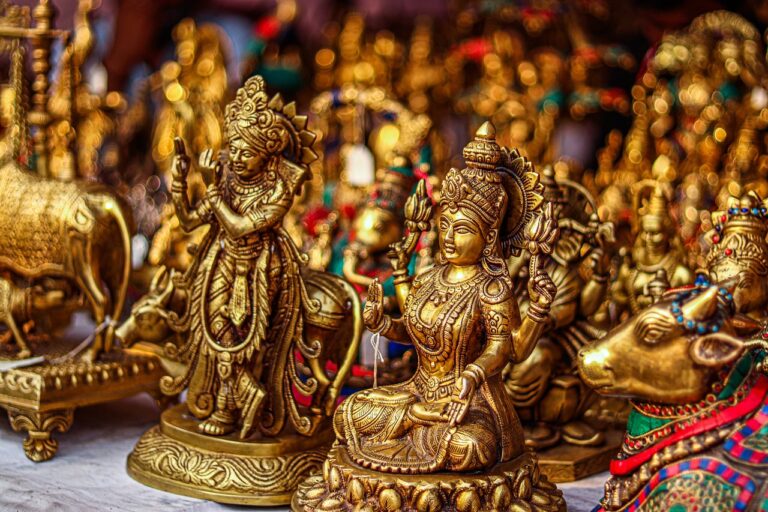The Role of Personal Care Products in Cultural Practices: Bit bhai 9, Radhe exchange, Lotus365.win login
bit bhai 9, radhe exchange, lotus365.win login: Personal care products play a significant role in cultural practices around the world. From skincare routines passed down through generations to traditional grooming rituals, personal care products serve as more than just items used to enhance one’s appearance – they are deeply intertwined with cultural traditions and practices.
**Cultural Significance of Personal Care Products**
Personal care products are not just about looking good; they are about feeling good and connecting with one’s cultural identity. Many cultures have specific beauty rituals and practices that involve the use of certain products. For example, in South Korea, the 10-step skincare routine is a cultural phenomenon that emphasizes the importance of taking care of one’s skin. Similarly, in India, the use of turmeric in skincare dates back centuries and holds cultural significance beyond its beauty benefits.
**Sacred Rituals and Ceremonies**
Personal care products also play a role in sacred rituals and ceremonies in many cultures. In Japan, the tea ceremony is a traditional ritual that involves the careful preparation and serving of matcha tea. This ceremony is not just about the tea itself but also about the meticulous grooming and presentation of oneself, including the use of skincare products to achieve flawless complexion.
**Traditional Practices and Healing**
In many indigenous cultures, personal care products are used not only for grooming but also for healing purposes. Indigenous communities around the world have long used natural ingredients such as herbs, oils, and clays for skincare and wellness. These traditional practices are deeply rooted in cultural beliefs and are often passed down through oral traditions.
**Celebration and Festivities**
Personal care products are also integral to celebrations and festivities in many cultures. From weddings to religious festivals, people often use special skincare and grooming products to prepare themselves for these special occasions. For example, in many African cultures, body oils and natural pigments are used to adorn the skin during traditional ceremonies and celebrations.
**Modern Trends and Globalization**
While traditional cultural practices continue to shape the use of personal care products, modern trends and globalization have also influenced the industry. With the rise of social media and beauty influencers, trends from different cultures are now shared and adopted worldwide. This cross-cultural exchange has led to a rich tapestry of beauty practices that draw inspiration from various traditions.
**Challenges and Misconceptions**
Despite the cultural significance of personal care products, there are also challenges and misconceptions surrounding their use. Some products may perpetuate harmful beauty standards or environmental practices. It is essential to be mindful of the origins and impacts of the products we use and to support brands that align with our values and beliefs.
**FAQs**
1. Are personal care products from different cultures safe for all skin types?
It is essential to consider your skin type and any allergies before trying out new products from different cultures. Patch testing is recommended to ensure compatibility.
2. How can I incorporate cultural practices into my skincare routine?
Research different cultural beauty rituals and products and explore incorporating them into your daily routine. Be mindful of cultural appropriation and show respect for the origins of these practices.
3. What are some sustainable and ethical options for personal care products?
Look for brands that prioritize sustainability, ethical sourcing, and transparent labeling. Supporting local artisans and brands that value cultural preservation is a great way to make an impact.
In conclusion, personal care products are not just about looking good; they are about honoring our cultural heritage, connecting with our identities, and celebrating diversity. By embracing the cultural significance of these products, we can create meaningful rituals and practices that nourish not only our skin but also our souls.







